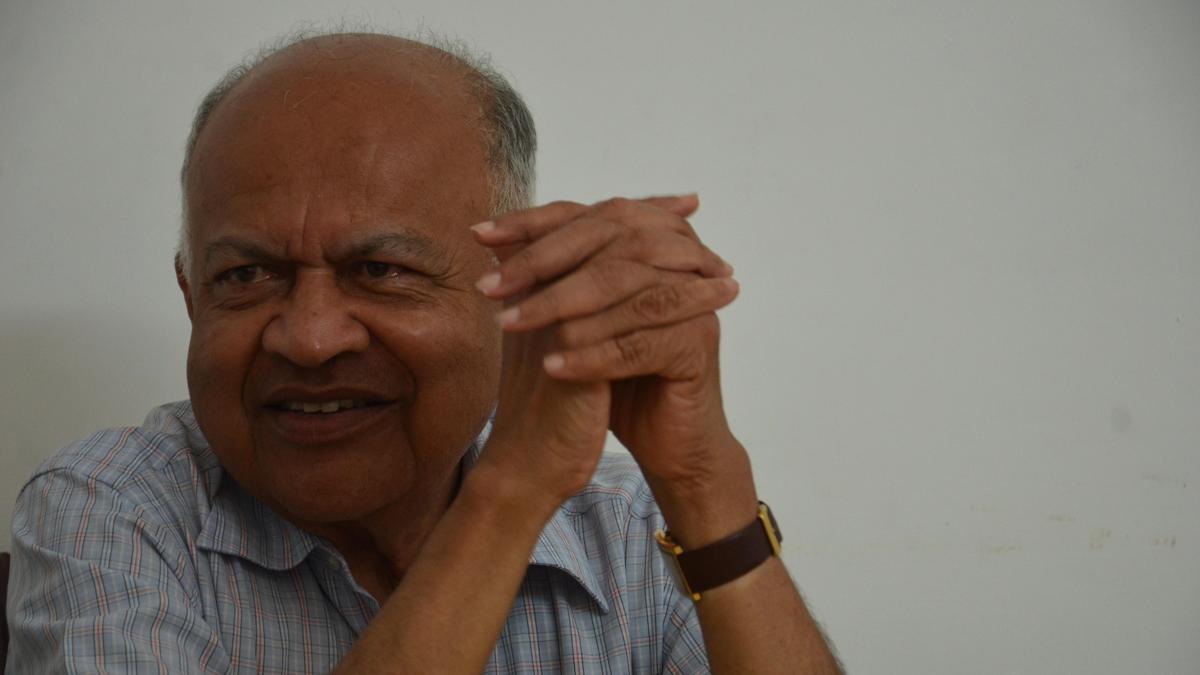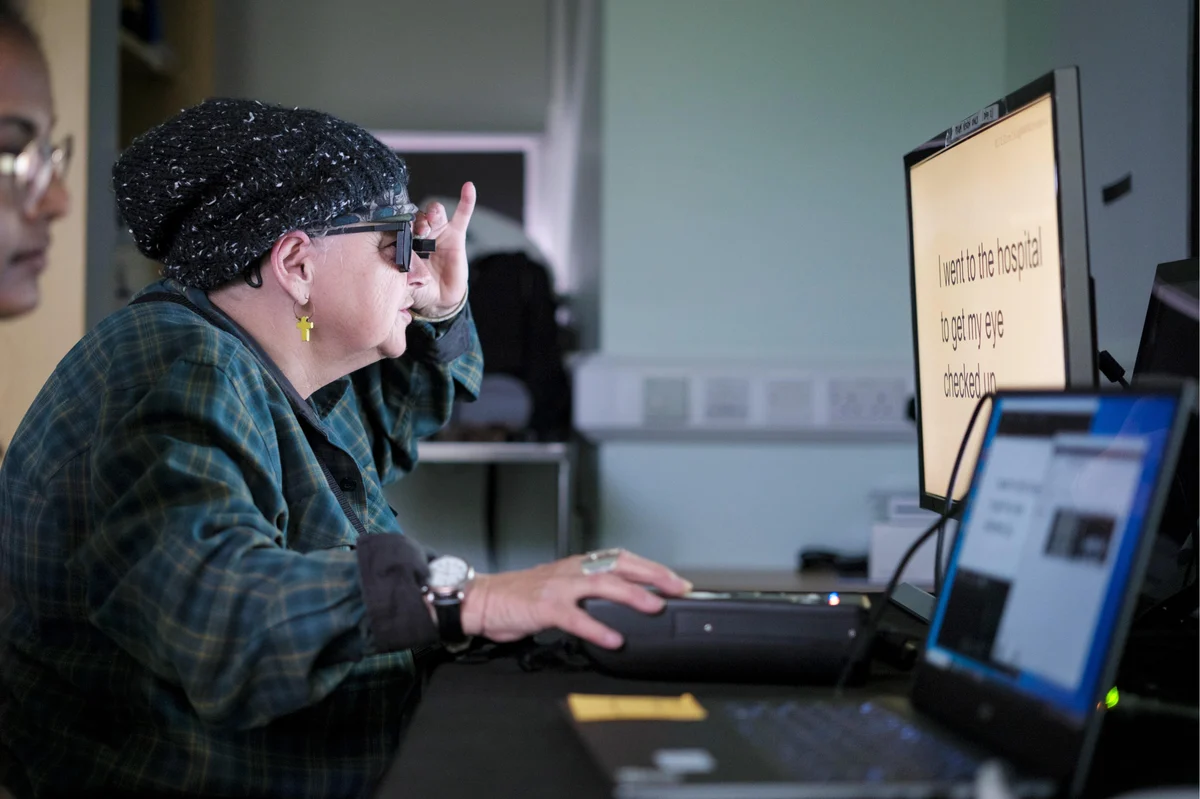Copyright brecorder

ISLAMABAD: Federal Minister for Planning, Development, and Special Initiatives Ahsan Iqbal called for a unified “Global South Compact for Sustainable Development” to address shared regional challenges like climate vulnerability, poverty, and inequality. In a compelling address at the Opening Plenary of the 28th Sustainable Development Conference (SDC), the minister highlighted South Asia’s unique position as home to nearly 2 billion people-representing a quarter of humanity, and emphasized the region’s immense potential alongside its pressing vulnerabilities. The conference, organized by the Sustainable Development Policy Institute (SDPI), the Institute for Global Environmental Strategies (IGES), and the Ministry of Planning, Development & Special Initiatives, brought together leaders, scholars, and partners from across South and South-West Asia to advance collaborative solutions aligned with the UN Sustainable Development Goals (SDGs). The Minister said, “Despite remarkable strides, over 380 million South Asians remain ensnared in multidimensional poverty, with nearly all exposed to escalating climate hazards.” He pointed to recent disasters, including the 2022 floods in Pakistan, 2024 floods in India and Bangladesh, and 2025 floods in Nepal, as evidence that “climate chaos knows no sovereignty.” Sharing a personal anecdote, the Minister recounted surveying flood devastation in his constituency of Narowal, where he witnessed families’ resilience amid profound loss, reinforcing his commitment to transforming vulnerability into strength. Minister Iqbal stressed the need for regional cooperation in climate adaptation, renewable energy trade, resilient agriculture, and knowledge-sharing, declaring, “Only through this regional renaissance can South Asia evolve from a victim of climate vulnerability into a vanguard of climate leadership.” Addressing global challenges, the Minister noted the sobering UN SDG Report 2024, which shows only 17 percent of targets on track, with developing nations allocating 12–15 percent of budgets to debt servicing, often more than on health or education. He amplified Pakistan’s call for a “New Development Compact” to ensure equitable access to finance, technology, and trade, warning that “without a radical overhaul of the global financial architecture, the SDGs will remain a mirage for the Global South.” Quoting Prime Minister Shehbaz Sharif, he added, “The climate crisis is an economic crisis and it demands collective responsibility, not collective indifference.” Outlining Pakistan’s national strategy, Minister Iqbal termed the Uraan Pakistan Framework a blueprint for an inclusive, knowledge-based economy structured around five pillars, the 5Es including exports-led Growth to driving competitiveness and productivity, E-Pakistan to digitalize governance, education, and the economy, Environment & Climate Resilience to embed sustainability in every policy, energy & infrastructure for Promoting efficiency, affordability, and green transitions and equity & empowerment for Unlocking human potential and ensuring no one is left behind. Focusing on Equity & Empowerment, the Minister detailed initiatives in education, health, population planning, and social protection. He shared another personal story from his previous tenure as Planning Minister, where a scholarship programme enabled a student from a remote Balochistan village to earn a PhD in engineering and lead renewable energy innovations. “Stories like this remind us that education isn’t abstract policy; it’s the spark that ignites dreams and builds nations,” he said. The Minister highlighted major initiatives taken by the government including, modernizing the Pakistan Bureau of Statistics and launching the National Data Exchange Platform (NDEP) for evidence-based governance, implementing the 4RF Framework, National Adaptation Plan, and Living Indus Initiative to restore ecosystems and boost renewable energy to 30 percent by 2030 (currently at 12 percent) and achievement of a Tax-to-GDP ratio of 11.5 percent and 15 percent improvement in power sector recoveries through the National Fiscal Pact. He urged South Asia to become a “crucible of collaboration,” leveraging the concurrent South and South-West Asia Sub-regional Forum for joint investments in green infrastructure, disaster management, and youth exchanges. He concluded by framing sustainable development as a “generational odyssey,” guided by data, innovation, equity, and partnership, and called for unity in an era of global discord. The 28th SDC serves as South Asia’s premier forum for sustainability dialogue, fostering evidence-based collaboration among policymakers, researchers, and international partners. Copyright Business Recorder, 2025



